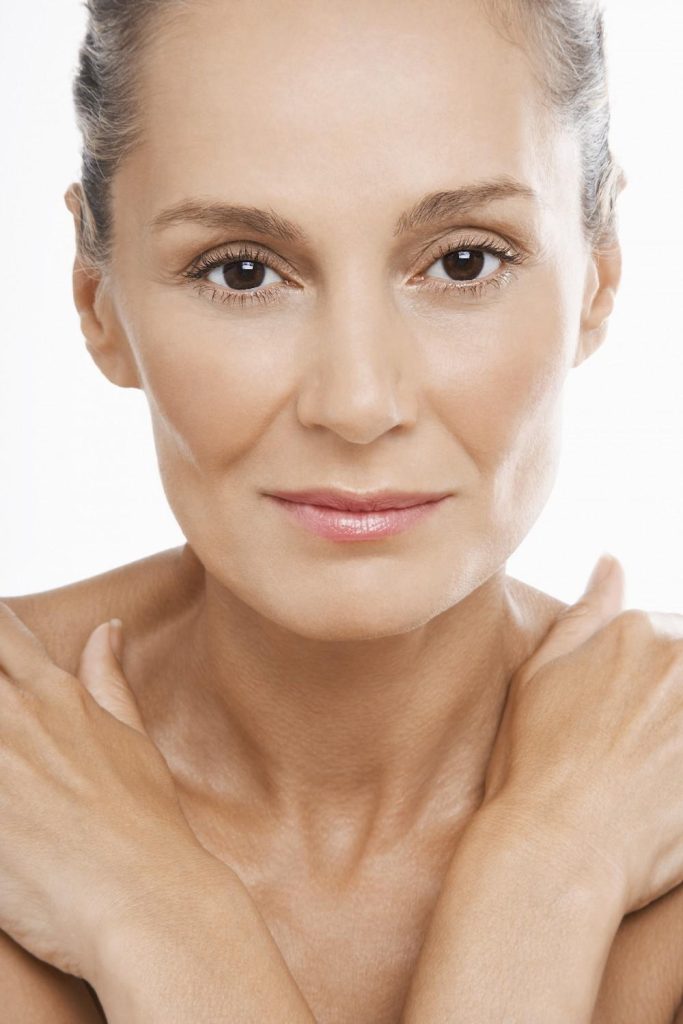Your skin is your largest organ and one of the first things others may notice about you. And while sun rays hitting your skin can feel downright luxurious, the ultraviolet (UV) rays the sun — and tanning beds — emit are actually pretty harmful.
Without UV protection, your skin can gradually develop a range of problems, from unsightly spots to potentially serious forms of cancer. Thankfully, there’s a lot you can do to prevent or address these issues.
At Northstar Dermatology in North Richland Hills, Texas, our expert team of board-certified dermatologists provides sun damage treatments to improve the look and health of your complexion.
Take a few minutes to learn more about the impact of UV rays on your skin, including tips for prevention.
1. Tan skin or sunburn
Did you know that a safe tan from the sun doesn’t exist? When UV rays reach your skin, the organ produces more melanin — pigments that bring that bronzy color — in an attempt to stave off further damage. So that seemingly healthy glow is actually a sign of damage.
Sunburns often develop, too, as a result of that damage. Your immune system sends more blood to damaged areas, making way for redness, warmth, pain, peeling, or even blistering.
2. Age spots
Also known as sun spots or liver spots, age spots are small, flat, discolored areas on your skin. While they’re especially common after age 50, you can develop age spots earlier if you spend a good deal of time in UV rays without protection. Having light skin and a history of sunburns also increases your risk.
Age spots aren’t dangerous, but some people find them unsightly or embarrassing.
3. Fine lines and wrinkles
Fine lines and wrinkles are a natural part of aging. But if you spend lots of time in the sun or tanning without UV protection, you’ll likely develop more fine lines and wrinkles at an earlier age. In other words, UV rays speed up your skin’s aging process.
In fact, the sun is responsible for 90% of visible changes to your complexion, according to the Skin Cancer Foundation, a phenomenon also known as photoaging.
4. Skin cancer risks
Skin cancer is the most serious consequence of UV ray exposure. It’s also the most common form of cancer in the United States.
Although genetics may play a role, too, UV radiation promotes skin cancer by damaging DNA in your skin cells, which causes them to grow abnormally and spurs potentially malignant growths. Excess sun exposure also weakens your immune system, making your body less able to fight off cancerous cells.
UV rays are linked with all forms of cancer, including the most common types, basal cell and squamous cell carcinomas, and the most lethal form, melanoma.
How to protect your skin from sun-related risks
It’s never too late to start protecting your skin from UV ray damage. To lower your risk for age spots, wrinkles, and skin cancer, wear a broad-spectrum sunscreen or sun-protective clothing any time you’re outdoors. Finding shade or providing your own, with an umbrella, can also help.
Meanwhile, avoid all types of tanning. If you still desire a bronzy glow, go with a sunless tanning spray.
If you’re bothered by fine lines, we can help by providing skin rejuvenation therapies, exfoliating treatments, or Botox®. Botox injections temporarily paralyze muscles in the treatment area, leading to fewer frown lines, crow’s feet, and other wrinkles.
If you’re at risk for skin cancer, see us for skin cancer screenings. These painless exams involve visual assessment of even the toughest-to-see skin, in search of cancer signs. The earlier we detect cancerous cells, the more treatable they are. In many early cases, only mole removal is required.
To learn more about the ways UV rays affect your skin or to get the skin care you need, call our office or request an appointment through our website link today.





